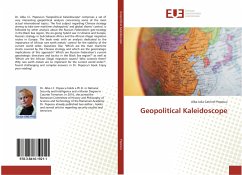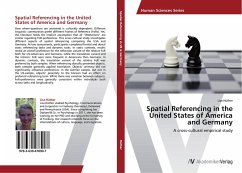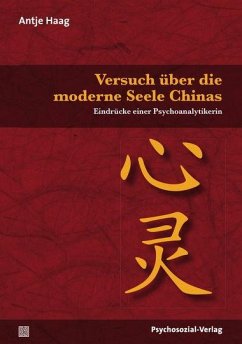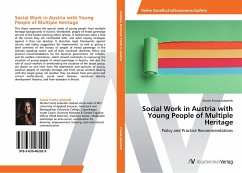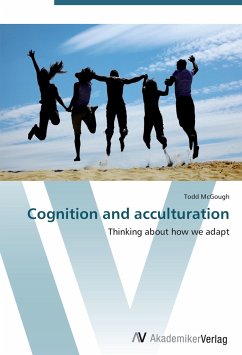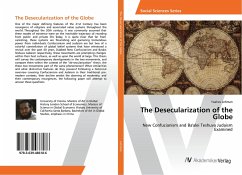
The Desecularization of the Globe
New Confucianism and Ba'alei Teshuva Judaism Examined
Versandkostenfrei!
Versandfertig in 6-10 Tagen
33,99 €
inkl. MwSt.

PAYBACK Punkte
17 °P sammeln!
One of the major defining features of the 21st Century has been resurgence of religions and associated value systems throughout the world. Throughout the 20th century, it was commonly assumed that these modes of existence were on the inevitable trajectory of receding from public and private life. Today, it is quite clear that far from vanishing, these systems are flourishing and garnering tremendous power from individuals. Confucianism and Judaism are but two of a colorful constellation of global belief systems that have witnessed a revival over the past 40 years. Dubbed New Confucianism and B...
One of the major defining features of the 21st Century has been resurgence of religions and associated value systems throughout the world. Throughout the 20th century, it was commonly assumed that these modes of existence were on the inevitable trajectory of receding from public and private life. Today, it is quite clear that far from vanishing, these systems are flourishing and garnering tremendous power from individuals. Confucianism and Judaism are but two of a colorful constellation of global belief systems that have witnessed a revival over the past 40 years. Dubbed New Confucianism and Ba'alei Teshuva Judaism respectively, these movements are prompting changes within their host cultures, as well as upon the world at large. This thesis will survey the contemporary developments in the two movements, and compare them within the context of the "de-secularization" thesis. Are these two movements part of the same phenomenon? What similarities and what distinctive features do theypossess? Following a historical overview covering Confucianism and Judaism in their traditional pre-modern contexts, their decline amidst the dawning of modernity, and their contemporary resurgences, the following paper will attempt to answer these questions.



